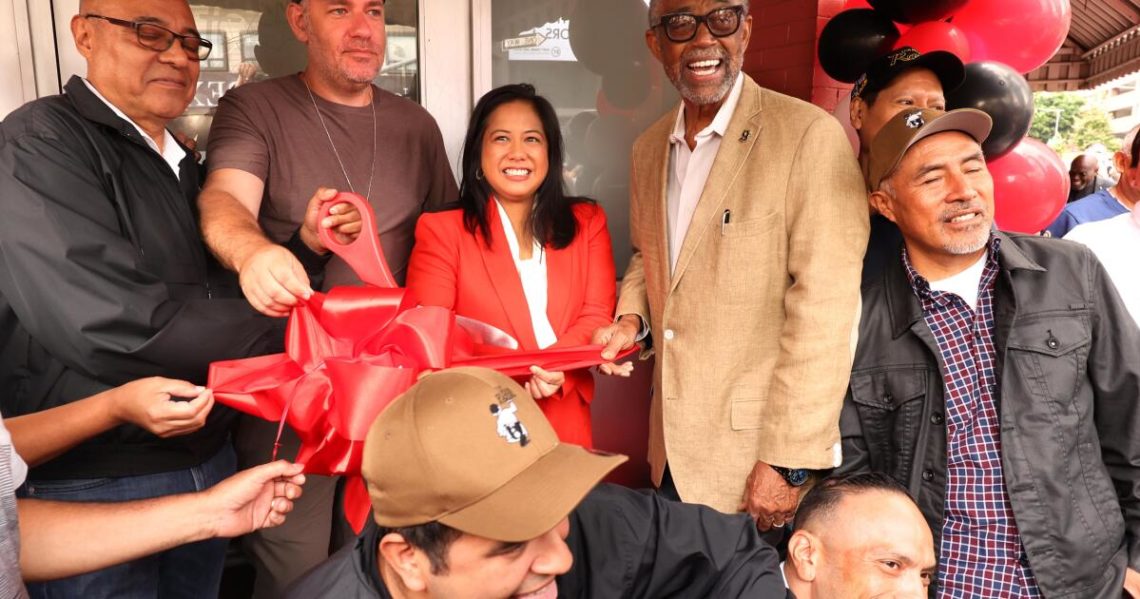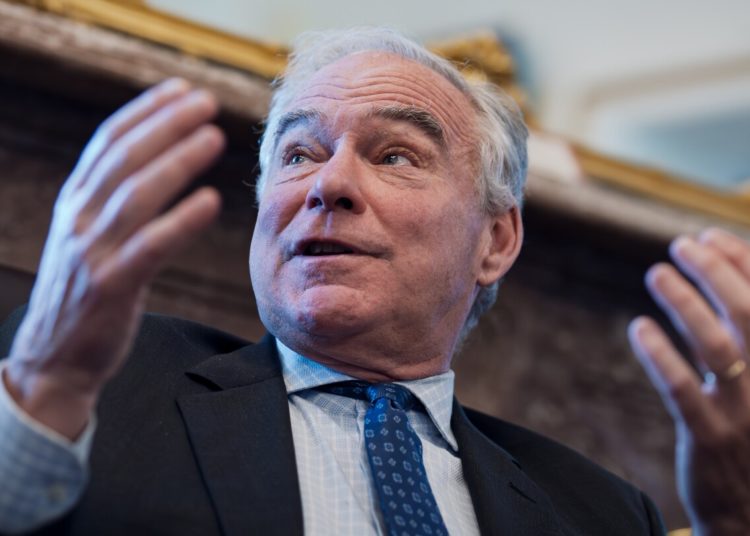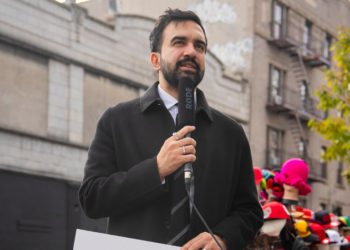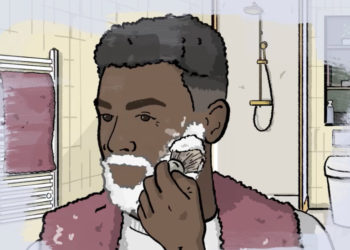The Original Pantry, the iconic eatery in downtown Los Angeles that closed earlier this year, is set to make a comeback.
The diner, which had been serving up hot coffee, burgers and breakfast platters for more than 100 years, was acquired this week by real estate developer Leo Pustilnikov.
Pustilnikov bought the Original Pantry’s nearly 8,000-square-foot building on James M. Wood Boulevard with the blessing of hospitality union Unite Here Local 11. The union, which represents Pantry workers, inked a deal with Pustilnikov ensuring that the diner would keep union representation and bring back all 25 workers who lost their jobs when it closed in March.
Pustilnikov has an electic set of real estate interests, having amassed high-end properties from Beverly Hills to Redondo Beach alongside a slew of supportive housing units on Skid Row. He plans to reopen the diner on New Year’s Eve, if he’s able to acquire the necessary permits and licenses in time.
“I wanted to buy the Pantry because it’s a piece of L.A. history,” Pustilnikov told The Times. “Some of those employees have worked there for almost 50 years, I’d like for them to be able to finish out their careers in a place they love and made successful. I never actually considered buying it without them.”
The restaurant’s former owner, the Richard J. Riordan Trust, abruptly shuttered the restaurant in March after a labor dispute. Pustilnikov acquired the restaurant building and a parking lot for patrons across the street for a total of $5.5 million in a sale that closed Thursday, he said.
On Thursday morning, the shuttered diner was adorned with festive red, white and black balloons. A cake decorated to look like a stack of pancakes dripping with maple syrup rested on a nearby folding table. Workers and their families, as well as union organizers, labor leaders and L.A. City Council members Ysabel Jurado and Curren Price gathered outside for a ribbon-cutting ceremony.
“Now we can breathe,” said Diana Garcia, who has worked at the diner for 17 years. “We’re all excited to come back.”
Kurt Petersen, co-president of Unite Here Local 11, credited workers for staging protests and fundraisers to keep the diner open.
“The Pantry’s dishwashers, cooks, and servers — with more than 300 years of service between them — never gave up,” Petersen said in a statement.
The Original Pantry opened in 1924 and built its Los Angeles legacy on its 24-hour service, becoming a familiar haunt for night owls. The restaurant changed its location in the 1950s when the building of a freeway off-ramp forced it move. Then, former Mayor Richard Riordan took over the restaurant in 1981 as part of a larger land deal.
Tensions between ownership and workers kickstarted in April 2023, when Pantry workers filed a lawsuit alleging unpaid wages for overtime, and rest and meal breaks. Two weeks later, Riordan died. Ownership of the diner then transferred to Riordan’s trust, which sought to sell the business.
Earlier this year, Unite Here Local 11 attempted to negotiate terms that would require any new owner to honor workers’ existing union contract. But after a tumultuous back and forth, ownership instead closed the restaurant and laid off its workers. The property was listed for sale two months later.
Some of Pustilnikov’s other inroads in downtown L.A. have been contentious. In 2011, he and two wealthy investors sought to purchase half a dozen aging buildings with a value of more than $100 million. But less than a year later, the deals fell through amid allegations of fraud.
Since then, Pustilnikov has built up his portfolio, and made moves last year to buy 1,500 Skid Row apartments. His efforts to run one of the largest collections of supportive housing units in Los Angeles have faced some difficulties. But he has said that, with the project, he hopes to meet the overwhelming housing need in Skid Row by filling hundreds of vacancies in the units.
Times staff writers Paige St. John and Liam Dillon contributed to this report.
The post L.A.’s Original Pantry to reopen with new owner but same workers appeared first on Los Angeles Times.




